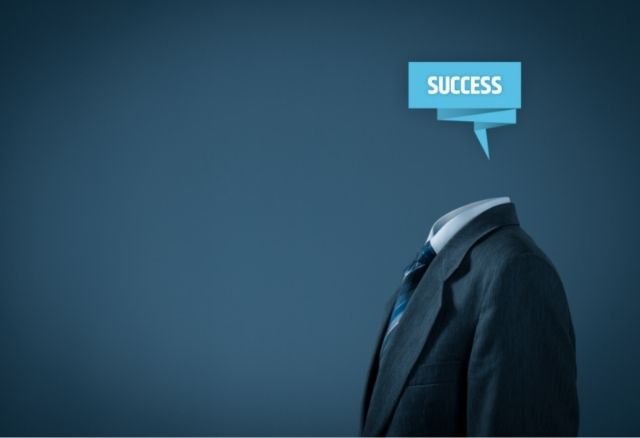Boom. Epiphany moment right there. I was listening to a podcast on belonging when this quote just landed. Right there. Now this particular element was focused on the seduction of the ‘doing mind’ and how, when we slip into it, we find ourselves getting further and further away from the sense of belonging that we are all seeking.
Whilst initially I saw this in the context of performance and how as humans, we can find ourselves assigning so much importance to the checklist of achievements and successes as a way of building our self-worth (of course, it never actually works because there is always more to be done), the bit that really struck me was the impact this can also have on our own health and wellness.
Is Our Greatest Strength Also Our Biggest Weakness?
So some background context… as someone with a curiosity for the workings of the world, and a thirst for knowledge, in the past, I would often find myself researching and looking things up simply to get an understanding and deeper insight.
I was, and still am, the kind of person if, a topic of conversation comes up in the room, I’m on google looking for more detail, more insights.
In my job, the reason I was so good at what I did, was because I was good at finding the holes. I was good at looking for the things that were missing as a way of improving them. In fact, one of my old colleagues would joke that I was like a bloodhound – instantly on the search for information and digging out facts and stats from the darkest corners of the web.
So hunting for information, identifying problems and seeking out the gaps is a skill.
But, as I discovered in my own life, the challenge here is ensuring you are using it in a way that serves, rather than hinders you.
Because, if you’re turning the focus inward, and applying those skills to the development of yourself, you are going to be doing yourself a disservice. Fact. And, yes, I speak from experience.
Quality Assurance Gone Awry
When it came to my own journey with health, any sign that my body was not operating at 100% efficiency would entail a full investigation of the benchmarks – is this normal? Is this to be expected? There would always be a thorough review of the potential risk factors.
At one point, I remember looking up the average length of time for a period because I was curious to know if my own period was meeting the gold standard in quality assurance. If it wasn’t then I would see it as a sign that my body was not as perfect or as optimised as it could be and I would want to do something about it.
But here’s the thing, whilst aspiring to improve, grow and be the best version of yourself is a wonderful thing, it can turn sour when you find yourself faced with only problems to fix.
Of course it is also not true, it is the mind working it’s wonderful magic. Because through the beauty of neuroplasticity, the more we look for problems the more we will find. And whilst we may think we are looking for success, we are not, we are looking for problems to be fixed. So guess what? That’s what we’re going to find more of.
Physical issues are physical. Period.
Now I’m not suggesting that health issues are psychological, not at all. But what I AM saying is, in the context of health, the more problems we actively identify, when health issues hit, the harder it will be to shift. Because your brain will be stuck in that problem finding space, as opposed to simply allowing the process of life to run its course.
When you can simply trust in the goodness of life; in the goodness of your body, and in the goodness of who you are as a person everything changes.
Because firstly, you’re not training the brain (and thus nervous system) to focus and thus reinforce and build on the errors of your physicality. And, secondly you are removing the potential threat (of “something’s wrong”) which in turn deactivates the fight or flight response. And when the lovely control centre of the brain recognises it’s all okay, those shouty messages to the body are replaced with something much nicer.
The Question To Ask
So here’s a question to ask yourself, “What is here when there is no problem to be fixed?”
What does that leave you with?
By seeking the answer to this question, you start to access the full ‘is-ness’ of each moment, and THAT is the bit you want to connect with. The okayness. The presence. The stillness.
Because, another THAT, lovely people is what life is about.
It’s the dance between acceptance and aspiration. Being with what is, and allowing yourself to be imperfect, whilst aspiring to grow and evolve.
Pursuing your passions does not have to cost you your health, but you do need to master your mind in the process.
Thank you to Meg McKelvie and the lovely people at Psychologists Off the Clock for the inspiration.

